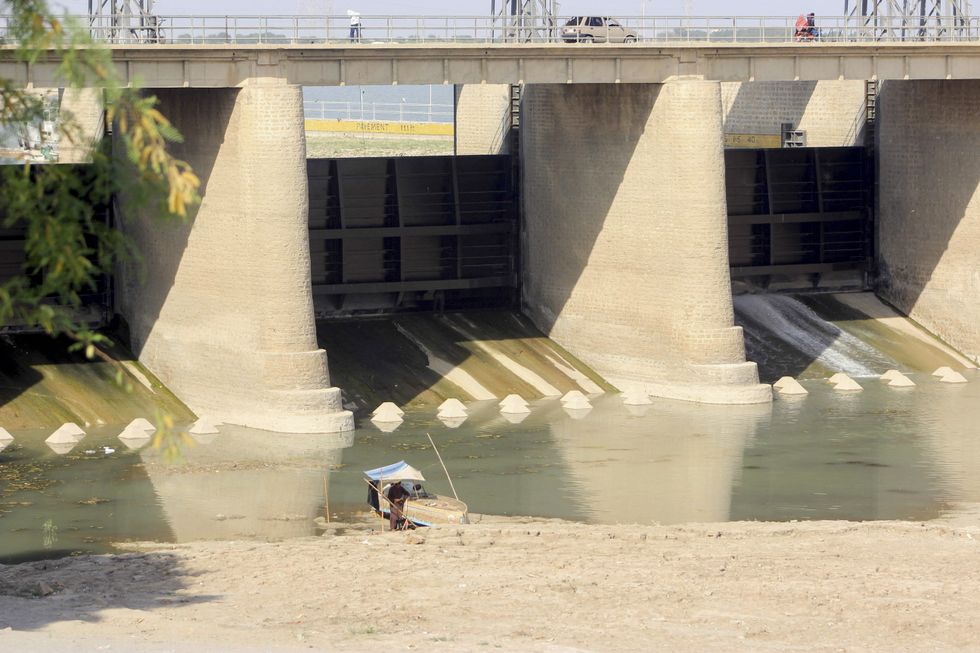INDIA will not provide Pakistan with water from rivers over which it has rights, prime minister Narendra Modi said on Thursday. His comments come a month after a deadly attack in Indian-administered Kashmir, following which New Delhi suspended a key river water-sharing treaty with Pakistan.
India had suspended the Indus Waters Treaty, brokered by the World Bank in 1960, as part of several measures taken after the April 22 attack that killed 26 people, mostly Hindu tourists.
New Delhi accused Pakistan of backing the attack. Islamabad denied the accusation. The two countries saw their worst military exchanges in nearly 30 years before agreeing to a ceasefire on May 10.
"Pakistan will have to pay a heavy price for every terrorist attack ... Pakistan's army will pay it, Pakistan's economy will pay it," Modi said at a public event in Rajasthan, a state bordering Pakistan.
The Indus Waters Treaty allows Pakistan to use water from three rivers that flow from India and supports about 80% of its farms. Pakistan’s finance minister said earlier this month that the suspension of the treaty would not have "any immediate impact".
The ceasefire has largely held. Indian foreign minister Subrahmanyam Jaishankar said there is no exchange of fire and "there has been some repositioning of forces accordingly".
"The (military) operation continues because there is a clear message... that if there are acts of the kind we saw on April 22, there will be a response, we will hit the terrorists," Jaishankar told Dutch outlet NOS.
"If the terrorists are in Pakistan, we will hit them where they are," he added.
Pakistan has not yet responded to the latest remarks by Modi and Jaishankar.
New Delhi blames Pakistan for supporting Islamist separatists fighting security forces in Indian-administered Kashmir. Pakistan denies the allegation.
Since the April 22 attack, both countries have taken steps such as suspending trade, closing land borders, and stopping most visa services.
(With inputs from Reuters)






 A dry stretch of the Indus River in Pakistan’s Jamshoro and Kotri districts earlier this month
A dry stretch of the Indus River in Pakistan’s Jamshoro and Kotri districts earlier this month 












